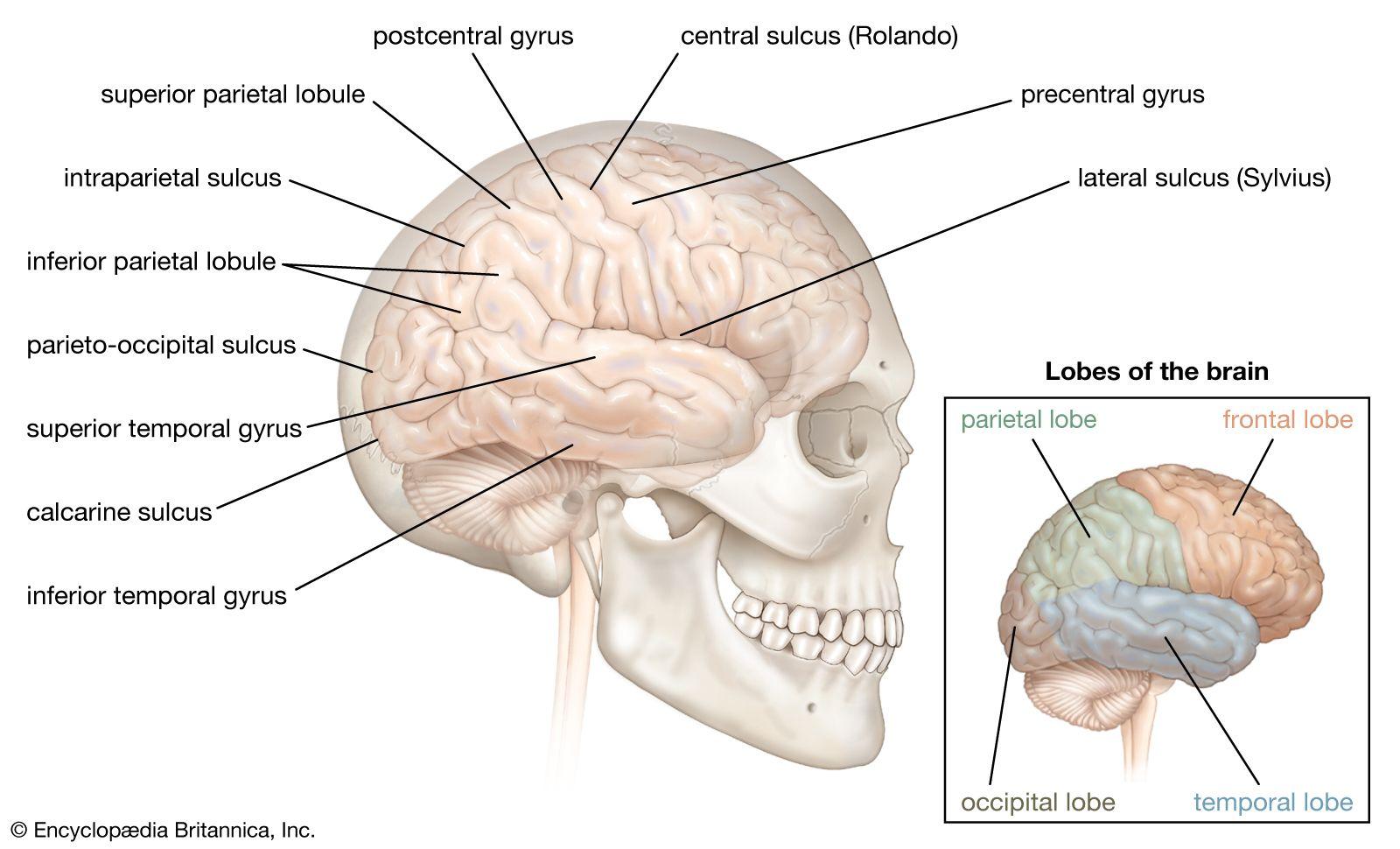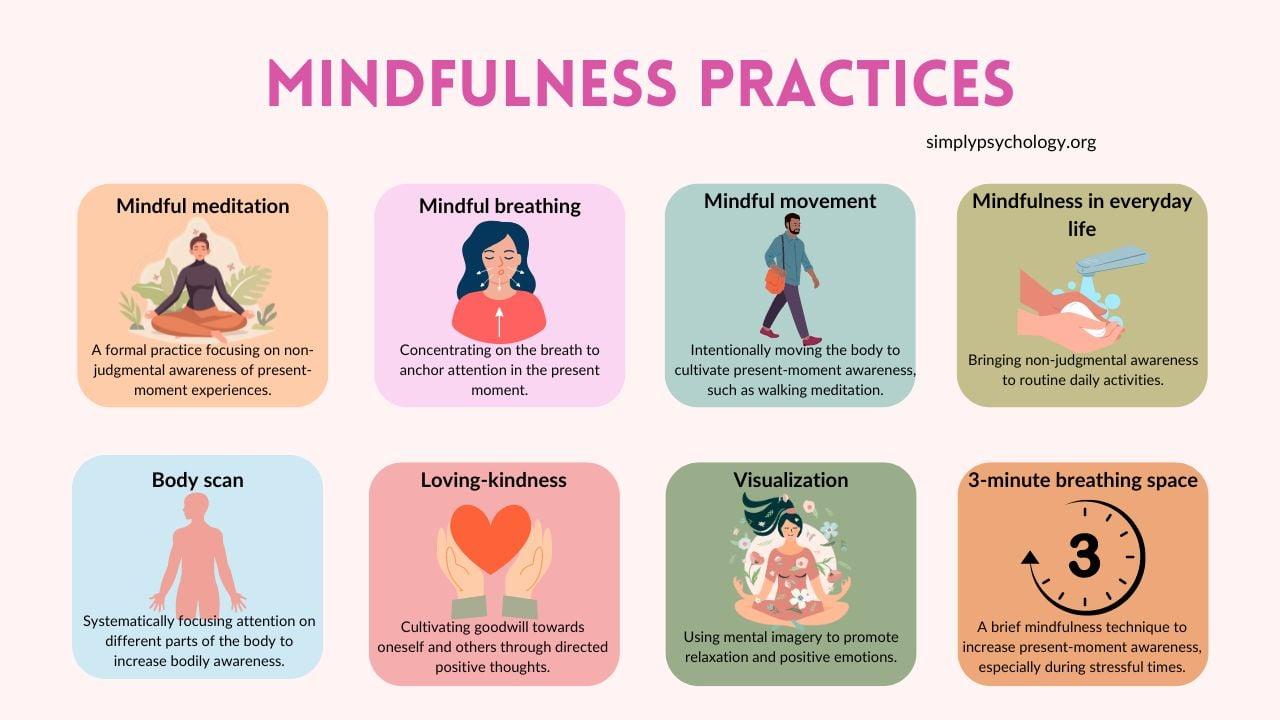Picture this: it’s finals week, your to-do list is longer than a CVS receipt, and your caffeine consumption could give a coffee plant an existential crisis. Welcome to college life, where emotional stability often feels like a mythical unicorn—beautiful in theory, but nonexistent in reality. Fear not, because there’s a practice that can help you transform from a stressed-out student to a zen master: mindfulness.
In this article, we’ll explore how mindfulness is not just the stuff of meditation retreats and yoga mats, but a practical, everyday tool you can use to enhance emotional control. Whether it’s keeping your cool during a professor’s nerve-wracking pop quiz or weathering a tsunami of group project drama, mindfulness techniques might just be the secret sauce you need. So, sit back, take a deep breath, and prepare to embark on a journey toward emotional tranquility—all without adding another bullet point to that ever-growing to-do list.
Discover the Secret to Acing Exams Without Losing Your Marbles
🎓College life can be a whirlwind, especially during exam periods. Imagine this: your stress is at an all-time high, and the thought of facing another test makes you want to crawl under a rock. What’s the solution to maintaining your sanity while smashing those exams? Mindfulness! It’s not just for yoga enthusiasts or meditation gurus. Practicing mindfulness can help you stay calm, focused, and emotionally balanced. Here’s a simple trick – whenever you feel overwhelmed, take a few slow, deep breaths, and focus on the present moment. It’s like hitting the reset button for your brain.🧠✨
- Better Focus: Sharpen your concentration to score those extra points.📚
- Stress Reduction: Keep your cool, even when faced with a mountain of notes.🗒️💦
- Emotional Stability: Tame your inner drama queen and stay zen.🕊️🧘♂️
Want to put mindfulness into practice? Try these quick exercises:
| Exercise | Description | Duration |
|---|---|---|
| Breathing | Inhale for 4 seconds, hold for 4, exhale for 4. Repeat. | 3 minutes |
| Body Scan | Focus on each part of your body from toes to head. | 5 minutes |
| Mindful Walk | Take a walk, focus on each step and your surroundings. | 10 minutes |
Embrace mindfulness and become the exam warrior you were meant to be💪. Your future self will thank you!👏

Why Your Brain Sometimes Acts Like a Toddler and How Mindfulness Can Help
Ever wonder why sometimes your brain throws a tantrum like a toddler denied candy? That’s because our emotional brain, the amygdala, can hijack rational thought during stressful moments. This causes unexpected outbursts, illogical decisions, and a sudden love for ice cream at 2 AM. It’s totally normal, but definitely something we’d rather avoid during crucial times like exams or when dealing with tough assignments.
Luckily, mindfulness is here to help! This practice can train your brain to manage stress better and keep those toddler-like outbursts at bay. By regularly practicing mindfulness, you can:
- Improve focus – Less procrastination, more productivity!
- Reduce stress – Goodbye panic attacks, hello peace.
- Enhance emotional regulation – Feelings, under control.
- Boost memory – Ace those exams with less effort!
| Benefit | How to Practice |
|---|---|
| Improved Focus | Start with 5-minute breathing exercises daily. |
| Reduced Stress | Try guided meditations before bed. |
| Enhanced Emotional Regulation | Practice mindful journaling every morning. |
| Boosted Memory | Incorporate a gratitude practice into your daily routine. |
Give it a try, and you might find yourself feeling less like a toddler and more like a resilient grown-up, ready to tackle all that college life throws at you!

Easy Mindfulness Exercises: No Yoga Pants Required
Need a break from the hustle and bustle of college life? Try these simple mindfulness exercises. You don’t need any special gear, just a bit of time and an open mind. Start with deep breathing: find a cozy spot and take slow, deep breaths. Breathe in through your nose for a count of four, hold for four, then exhale through your mouth for four. Repeat a few times and feel the stress melt away like ice cream on a summer day.
Want something more interactive? How about mindful walking? Head out for a stroll, but this time, notice everything around you. Feel the ground under your feet, hear the birds singing or the cars zooming by, and take in the sights. It's like a mini-vacation without the pricey plane ticket. Plus, it's a sneaky way to get some exercise in, and who knows, you might just discover a new favorite spot on campus!

Stress Eating? Let’s Turn That Snack Attack into a Zen Moment
We’ve all been there: it’s 2 AM, you have a term paper due, and suddenly that bag of chips is calling your name. Instead of diving headfirst into crunch town, let’s turn this snack attack into an opportunity to practice some mindfulness. How? It’s all about being present with your food. Next time, try setting up a small plate with a few of your favorite snacks, and appreciate the textures, flavors, and aromas. It’s like making your own mini-Zen garden, but delicious! 🚀
- Feel the crunch – Close your eyes and savor that first bite. What does it remind you of? A crisp autumn day or that one epic movie popcorn?
- Smell the aroma – Before you take a bite, give it a sniff. Let the scent transport you. Maybe to a summer barbecue or a cozy kitchen.
- Experience the taste – Notice the journey from salty to sweet, spicy to sour. It’s a flavor rollercoaster. 🎢
Here’s a little cheat sheet to get you started on mindful snacking:
| Snack | Mindful Activity |
|---|---|
| Almonds | Savor each crunch for 10 seconds |
| Berries | Count the bursts of flavor |
| Popcorn | Feel the texture in your mouth |
Q&A
### Q&A:
Q: What’s the big deal about mindfulness for college students?
A: Imagine trying to juggle flaming swords while riding a unicycle on a tightrope. That’s college, but instead of swords, think essays, exams, and roommate drama. Mindfulness is like adding a safety net to that tightrope—it helps you manage stress, stay focused, and keep your cool when things get hectic.
Q: Okay, but what exactly is mindfulness?
A: Glad you asked! Mindfulness is basically the art of living in the moment without turning into a raging ball of stress. It’s about paying attention to what you’re doing, feeling, and thinking—without judging it. Think of it as the mental equivalent of noticing that you’re pulling an all-nighter but not freaking out about how much caffeine you’ve consumed.
Q: How can mindfulness help me control my emotions?
A: Ah, emotions—the wild rollercoaster of college life. Mindfulness acts like the seatbelt on this ride. By being present and aware of your emotions, you can respond rather than react. So, instead of letting a bad grade ruin your week, mindfulness helps you acknowledge the disappointment but keeps you from binge-watching Netflix till the semester ends.
Q: Sounds good, but how do I actually do it?
A: Excellent question, young grasshopper! Here are a few simple techniques:
- Deep Breathing: Take a deep breath in, let it out, repeat. It’s like hitting the reboot button for your brain.
- Body Scan: Pay attention to different parts of your body, from your toes to your noggin. Not only does it chill you out, but you might also discover you’ve been clenching your jaw during lectures.
- Mindful Eating: Nope, it’s not about chomping down on kale smoothies. Just focus on the taste, texture, and smell of your food. It’s like a mini-vacation for your senses.
- Mindful Walking: Stroll around campus and notice your surroundings—the trees, the sky, the person with an 8-foot stack of books who’s probably questioning their life choices.
Q: Will I need to sit cross-legged and chant ‘Om’?
A: Only if you want everyone on your dorm floor to think you’re a mystic guru. Mindfulness doesn’t require any particular pose or mantra. You can practice it while sitting in your favorite (or only) chair, lying in bed, or even while trying to survive the coffee line at the student center.
Q: How often should I practice mindfulness?
A: As the wise philosophers of snack time say, “Any amount is better than none.” Start with a few minutes a day, working your way up to longer periods if you feel like it. Maybe aim for 10 minutes a day and see how it fits in with your wildly unpredictable life.
Q: Are there any apps that can help?
A: Absolutely! There are tons of apps out there because, well, there’s an app for everything. Headspace, Calm, and Insight Timer are popular ones. They guide you through the process and even have meditations tailored for frazzled students pondering the big questions—like whether to microwave ramen or brave the dining hall.
Q: What’s the catch?
A: No catch, just a bit of commitment. Like anything worth doing—playing the guitar, mastering a sport, or making sense of a dense textbook—it takes a bit of practice. Stick with it, and soon, emotional meltdowns might become as rare as a parking spot near your lecture hall.
Q: Any final tips for a mindfulness newbie?
A: Don’t take it too seriously. The goal isn’t to achieve Zen monk status overnight. Just be curious, keep it light, and remember—mindfulness is about being kind to yourself. So when you’re crying over spilled coffee instead of spilled milk, take a breath, laugh it off, and know you’re doing just fine.
Happy minding, collegians!
To Conclude
As you navigate the whirlwind of college life, where exams, social dynamics, and ramen noodle dinners are an ever-present reality, enhancing your emotional control with mindfulness can be your secret weapon. Imagine tackling that 8 AM lecture with the calm of a Zen master or breezing through group projects without entertaining thoughts of forming a one-person island! Give mindfulness a whirl—your GPA, social life, and stress levels will thank you. And who knows? Maybe even your houseplant will grow a little lusher with the positive vibes you’re radiating. So take a deep breath, put on those stretchy pants, and get ready to master the art of staying cool, calm, and collected, one mindful moment at a time.


